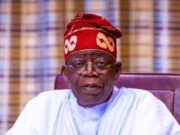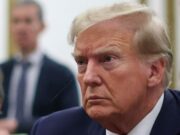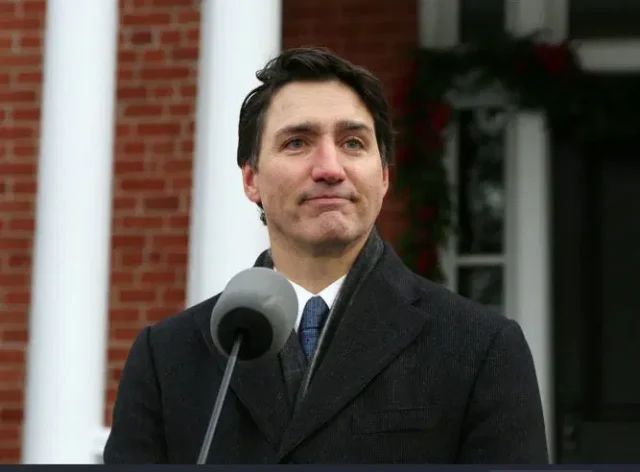Canadian Prime Minister Justin Trudeau has announced his resignation after nearly a decade in office, citing internal conflicts within his Liberal Party and declining public support. Trudeau, 53, stated that these internal battles have become a distraction, preventing effective governance and campaigning ahead of the upcoming federal election.
In his resignation speech, Trudeau emphasized the need for a “reset” in Parliament, which has been hindered by obstruction and filibustering. He announced that Parliament would be prorogued until March 24, 2025, allowing the Liberal Party time to select a new leader. Trudeau will remain in his position until a successor is chosen.
This decision follows a series of challenges during Trudeau’s tenure, including rising inflation, economic concerns, and multiple cabinet resignations. Notably, Deputy Prime Minister Chrystia Freeland resigned abruptly, criticizing Trudeau for prioritizing political maneuvers over economic focus.
Recent polls have shown the Liberal Party trailing behind the Conservative Party, led by Pierre Poilievre, increasing pressure on Trudeau to step down. Trudeau acknowledged that Canadians deserve a clear alternative in the next election and expressed hope that his resignation would facilitate a more effective campaign for his party.
Trudeau’s resignation marks the end of an era characterized by both significant achievements and notable controversies. As the Liberal Party prepares to elect a new leader, potential successors include former Bank of Canada Governor Mark Carney and current Minister of Intergovernmental Affairs Dominic LeBlanc.
The political landscape in Canada is poised for significant change as the country anticipates new leadership and direction in the forthcoming federal election.




























